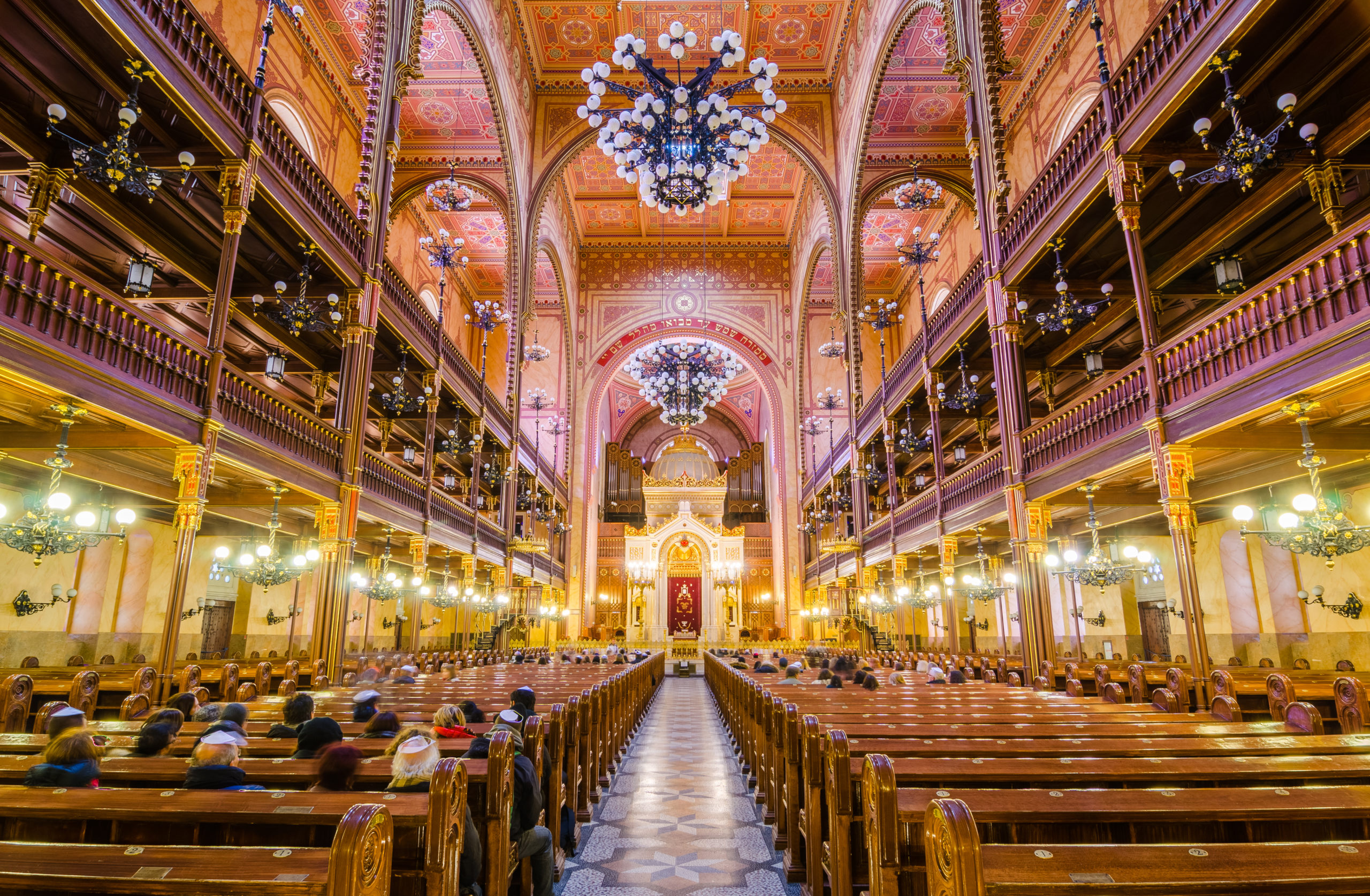United Jewish Social Fund (FSJU)
Because the needs of the citizens are rarely limited to one area, FSJU identifies priorities, invents adapted programs, and interfaces with national or regional public authorities to mobilise public funding and coordinate the actors working in the field.
History
Created in 1950 and recognized as a public utility in 1985, the FSJU coordinated reconstruction efforts in the aftermath of the Shoah, welcomed thousands of repatriates from North Africa, built a network of schools and community centres, ensured the protection of its buildings, and included Jewish culture in the City.
Since 1950, FSJU has adapted to the urgent and strategic imperatives of each period. Many examples can be viewed on the website.
Aims
Help the more vulnerable in France
When a life accident occurs suddenly, when the family unit disintegrates, when children are threatened, when disability weakens, when isolation breaks the social link, or when an unprecedented crisis overwhelms public services, the FSJU is present to accompany and support the most fragile and help them regain social autonomy.
Social workers and volunteers trained in social listening, analyze and guide people in precarious situations. The FSJU supports numerous programs and partner associations to complement the standard law assistance offered by public services.
By federating associative partners, the FSJU contributes on a daily basis to creating an ecosystem of solidarity to provide coordinated and adapted responses to the social needs of the beneficiaries.
The FSJU offers a digital version of the social directory of the Jewish community.
Prepare the new generations
FSJU creates conditions that allow families to freely choose whether their children attend public or religious schools. It facilitates access for young people to age-appropriate programs that teach and give them the opportunity to practice Jewish values.
NOE, the youth department of the FSJU, accompanies young people from 6 to 30 years old through demanding educational programs that value commitment and connection. NOE federates youth movements and develops civic service volunteering.
Training and educational materials are offered to teachers in order to guarantee the quality of the programs provided.
Finally, in close collaboration with the SPCJ, the FSJU participates in the coordination for the protection of goods and persons and in the fight against Antisemitism.
As a federation of the ecosystem of education and programs for young people, the FSJU organizes a support and coordination mechanism for all actors in formal and informal education (schools, associations, youth movements, etc.).
Make Jewish culture shine at the heart of the City
FSJU opens up the different facets of Jewish identity and culture to the public. It develops, on its own or through partners, attractive content adapted to different audiences, which it aggregates and disseminates through its many channels and platforms.
Some examples :
- Jewish Cultures Festival
- DIASPORAMA Cinema Festival
- Jazz’N Klezmer Festival
- RCJ (radio)
- The Arch (magazine)
- Akadem (website)
Accompany Shoah survivors and hidden children
The United Jewish Welfare Fund supports Holocaust survivors and hidden children and participates in the transmission of the memory of the Holocaust to future generations.
The FSJU has established a coordinated support program focused on the Holocaust survivor and the hidden child. Social workers and volunteers listen to the person, analyze all aspects of his or her situation and refer him or her to FSJU programs and/or to the aid provided by the reparation funds. The FSJU, with the support of the Fondation de la Mémoire de la Shoah (FMS), has developed several programs to create moments of conviviality, to avoid isolation and to transmit the memory of the Shoah to the following generations.
FSJU cares for a public that has experienced trauma and deprivation, which accentuates the challenges of old age. Caring for them today is the most sacred responsibility. FSJU promised never to abandon them, never to forget them. It has followed up with the Commission d’Indemnisation des Victimes de la Spoliation (CIVS) under the auspices of the Prime Minister since 1999, to centralize public reparations and restitutions related to this period.



 NOA is co-funded by the Rights, Equality and Citizenship Programme (2014-2020) of the European Union
NOA is co-funded by the Rights, Equality and Citizenship Programme (2014-2020) of the European Union